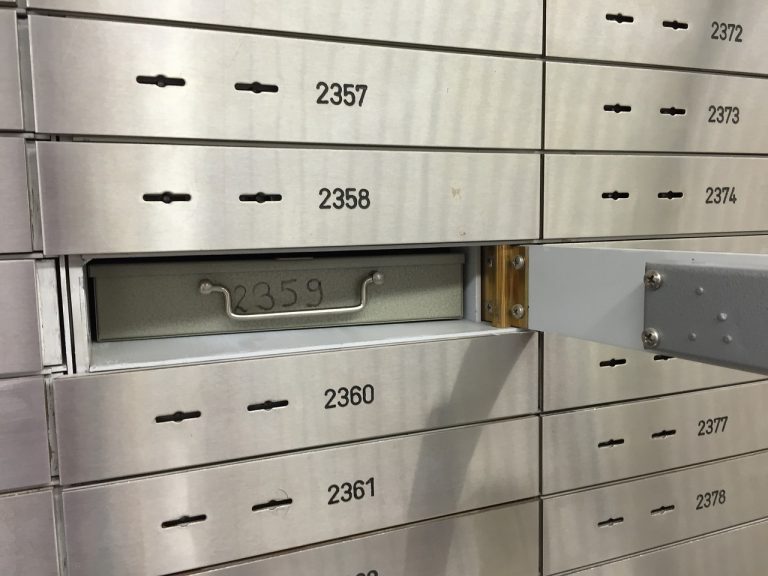Banks haven’t had an easy time of it over the past decade or so. There have been some high profile failures and some expensive bailouts, so are they safe? Is your money safe if you use a bank?
Let’s set the scene right away.
Yes, your money is safe in the bank if it’s a UK bank.
The UK has the Financial Services Compensation Scheme, FSCS, that guarantees any money you have in savings.
To a point.
Financial Services Compensation Scheme
The Financial Services Compensation Scheme is funded by the banking industry and is like insurance for your savings.
It covers many aspects of personal finance, from mortgages to investments but we know it best as the thing that protects our savings.
The FSCS protects your money held in UK banks, credit unions and building societies. It covers you for up to £85,000 per person per institution and is automatic, so you don’t have to do anything.
That per institution part is important.
The idea is to protect consumers from bank failures or situations like we had in 2008 when banks failed so spectacularly.
Total cover is £85,000 for individuals and £170,000 for couples per institution.
There’s also special protection for temporary high balances of up to £1 million.
For example if you sell your house and bank the money while looking for a new one, or inherited money while you decide how to invest it.
Protection per institution
Protection per institution is important to understand as it can get a little complicated.
Protection per institution means your £85,000 is safe in one bank or in several banks, as long as those banks are not part of the same institution.
This is important to know as some banks own other banks and will all count as one institution.
This helpful guide from Which? shows you what banks own what brands.
As you can see, HSBC own First Direct, Santander own Cahoot, Aviva is owned by Bank of Scotland and so on.
The crux of all this is that you’re covered for a total of £85,000 or £170,000 for the bank and any bank it owns.
So, if you have £85,000 in an HSBC savings account and £85,000 in a First Direct account, only one of those will be protected.
FSCS protection
Finally, not all financial institutions enjoy FSCS protection. Most of the mainstream banks do, but newer online-only or app-based banks may not.
Neither do many investment apps and other digital banks or currency apps.
If you use any of these, look for FSCS notifications or ask the bank to make sure they are part of the scheme.
If not, your money may be at risk.
The FSCS has yet to be tested in the real world but should work as advertised. Hopefully, we’ll never find out but it’s good to know it’s there if we need it.

